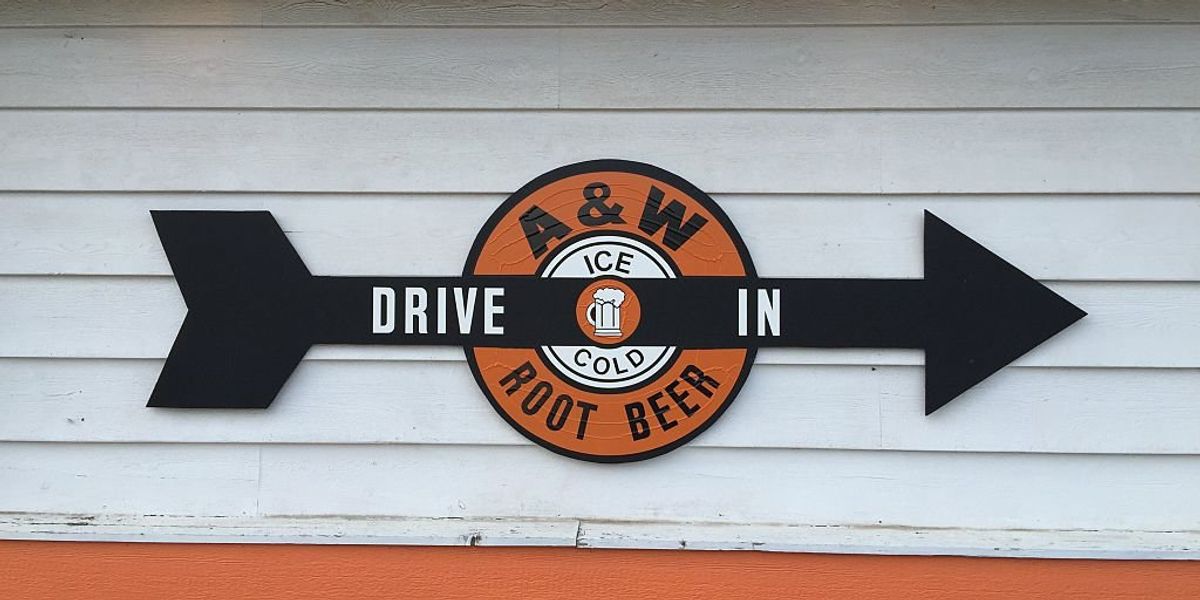

There’s a time portal in Upstate New York that can take you back 40-50 years.
You’ll have a hard time believing this, but it’s true. You’ll find normal people, friendly customer service, sincere smiles, and multi-generational families having good old-fashioned fun. Inside this wrinkle in time, there are no touchscreens, no questions about signing up for text messages to get a discount, and no dead-eyed Gen Z cashiers who need to get a manager if they key in the wrong amount.
Every carhop was a pretty, well-put-together woman between 20 and 50. All wore clean, well-fitting uniforms and genuine smiles on their faces.
This doorway to a better time is disguised as the A&W Restaurant on route 281 in Cortland, and I believe it can save America. Stay with me for details below; first we have to take stock of where we are in 2025.
Chimes and misdemeanors
In a typical day, the average American — let’s call him Matt — gets into his car and struggles with a touchscreen TV just to get the air conditioning going while a series of “helpful reminder” chimes and warnings lecture about seatbelts and looking behind before he backs up.
At work, he has to answer to Caitlynne, the candy-haired HR manager who demands to know when he’s going to sit through the Belonging and Inclusion video. When he answers the phone, some random under-35 with phone anxiety who won’t identify himself asks, “Is this, like, Matt?”
Check yourself
The fast casual lunch spot has his favorite burrito ready to go at 12:15, but Worker Tyler insists Matt “has to” use “the app” to pay “because we don’t have the staff for the register.”
On the days that they do have the staff, Adelaide hands him the bag over the counter, then swings the iPad around: “It’s just gonna ask you a question?” Fast-food workers believe they’re entitled to tips for handing you a bag, but they don’t have the character to ask directly, so they disguise it with a phony statement delivered in “upspeak.”
On the way home, Matt’s wife, Becca, texts him to ask him to stop at the grocery and get half and half. This “quick stop” takes a half-hour because while the store is filled with shoppers, only one live human is on a register. The self-checkouts have lines going down the paper towel aisle and one sullen heifer with face metal to supervise the so-stupid customers, who, like, can’t even figure out how to scan milk?
Tech tyrants
Once Matt is home, Becca apologizes that the laundry isn’t done, but she can’t get the washing machine to run. It has 26 “features” and cycles — none of which say simply, “Wash in hot water.”
Becca made the inferior-human mistake of trying to make the tub fill all the way, but the Wi-Fi-enabled machine decided that using enough water to get the clothes clean is Causing the Environment to Experience Harm. So it just sits there doing nothing, and Becca can go suck eggs.
In bed with their books, Becca and Matt sigh as Matt’s work phone dings at him with a message from his boss that “can’t wait” until morning. But he can’t open his email, because company policy requires two-factor (read: “You must have two computers on your person at all times”) authentication, and the “super easy app” with a special secret code keeps shutting down.
Fridge opens YOU
Does any of this sound familiar? It’s what life looks like in 2025, a time that most of us in Generation X thought would look like "The Jetsons." But instead of friendly robot maids and easy-to-fly space cars, we’re bossed around by over-digitized automobiles and jacked-up telephones.
For the first time in history, our machines don’t execute our commands. Instead, they issue orders and commands to us. Get the key sequence right or you’re not eating tonight, meat bag.
Matt to the fridge: “Open the freezer doors, HAL.”The fridge: “I feel like maybe I can’t do that, Matt?”
Woe betide anyone who complains about this. Complainers will be assured by young people (and a surprising number of middle-agers) that they’re lol-boomer-stupid for not instantly recognizing that the squiggly line drawing on the touchscreen is supposed to mean “send this text.”
We humans are fairly begging the machines to finish us. Have you noticed how we walk around all day with devices the size of a pack of cards with alphabetic letters so tiny your finger selects four at once and yet we apologize for having “fat thumbs”?
Since when did we accept that we don’t measure up to the machine, instead of making the machine measure up to our needs?
Time portal
That was a long wind-up before I tell you about the A&W time portal in Cortland, New York, I know, but it was necessary. Now that you’re feeling 21st-century exasperation, imagine what it would be like to have the lunch I had with my sister last week.
That restaurant has been in Cortland since long before I was born. My mother worked there when I was a baby, and Grandma brought me in to eat cut-up hot dogs in a high chair. This all took place in the same dining room, under the same roof, with the same sign and the same food that I enjoyed the other day on a hometown trip with my sister.
The first thing you notice is that there’s no drive-through. That’s because it’s a drive-in. For those younger than 45, that means you pull into a covered parking spot, you place your order through an intercom, and a waitress called a “carhop” brings you food on a tray that hooks onto your car door. On this visit, my burger came in a bag, but you get the idea.
Flipping the switch
The menu boards are printed and static, not revolving LED displays. The intercoms are the very same heavy-duty steel and chrome units originally installed in the late 1950s. Operating them could not be simpler. Press the button — yes, a physical button that does one thing and gives tactile feedback — to place your order. On the right, there’s a toggle switch (again, yes) you flip to have your tray picked up.
“NO CARDS — CASH ONLY — ATM INSIDE,” says a sign on the menu. I walk into the dining room to get my cash. It’s an actual dining room with carpet, padded booths, and attractive hanging lamps. Each table features A&W’s 1980s signature traditional corded handset phones; you can place your order or call for a waitress by picking one up.
RELATED: Fear the beaver: How a gas station became a cult (and why you should consider joining)
 Photo by Brandon Bell/Getty Images
Photo by Brandon Bell/Getty Images
Warm welcome
The place was hopping, and everyone on staff had a chipper tone and a smile. I worked in restaurants for years, and this was a sure sign of a well-run establishment where staff enjoyed their work. That was probably the part of this visit that felt most like I had slipped back in time — there were zero mumbling Gen Z kids acting like my patronage was a burden.
At almost every table was a multi-generational family from toddlers to grandpas eating together and behaving like sane humans. I had to slap my own face to make sure I was awake.
The carhop brought our order out and, mirabile dictu, counted my change back up to the original tender amount. All without an iPhone. She was about 22, attractive, and genuinely cheerful. I gave her a 50% tip.
Every carhop was a pretty, well-put-together woman between 20 and 50. All wore clean, well-fitting uniforms and genuine smiles on their faces. No outrageous makeup or clacking face jewelry — and no attitude.
A quick 18
Next door is the A&W mini-golf course. Most of the families went over there after burgers and onion rings. The course had no Branded Franchise characters, no X-Men(™) or Marvel Universe Friends(™). Instead, you aimed your ball at holes graced by miniature fairy-tale castles, cartoon bears, and raging tigers.
 Cortland Miniature Golf Course
Cortland Miniature Golf Course
Faithful readers, it was wholesome. The burgers and rings were bigger, better, hotter, and about a third cheaper than the slop served at more famous national chains. Yes, the onion rings are still the best you can get.
The best of American life
My sister Jesse and I grew up in Cortland. It was a hard childhood; our mother was deranged and violent, and we wanted nothing more than to run away from that stupid, awful small town and have a life somewhere, anywhere, that didn’t look like home.
Today I’m 50 and she’s 46. When we drive through Cortland of 2025, we see a town that looks pretty much the same as it did in the 1980s.
What we couldn’t see as children is obvious now. Cortland is a working-class town full of people who keep their houses and lawns tidy, know the value of a dollar, and take pride in doing their work well. Frankly, it seems like paradise.
There’s no better example of the best of American life than what you get at the A&W Restaurant on Route 281. If more of the country would look at that example and remember how good work — and life — can be when it's done sensibly with a smile, America could save itself. God bless that place and everyone who works there.
.png)
 2 hours ago
3
2 hours ago
3
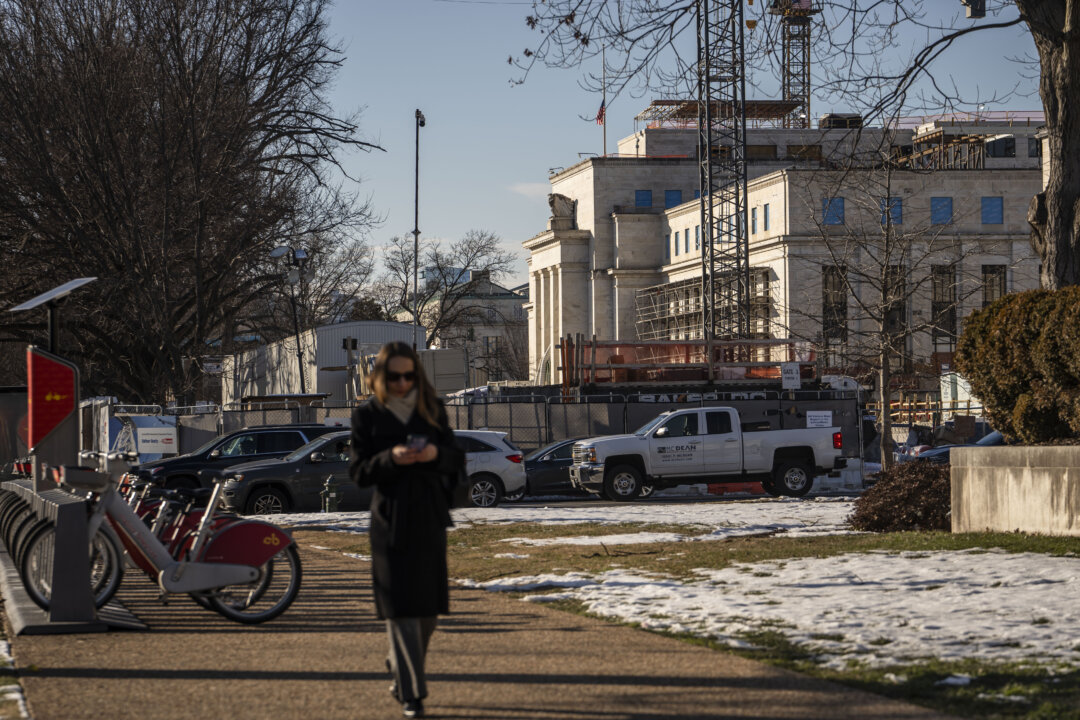


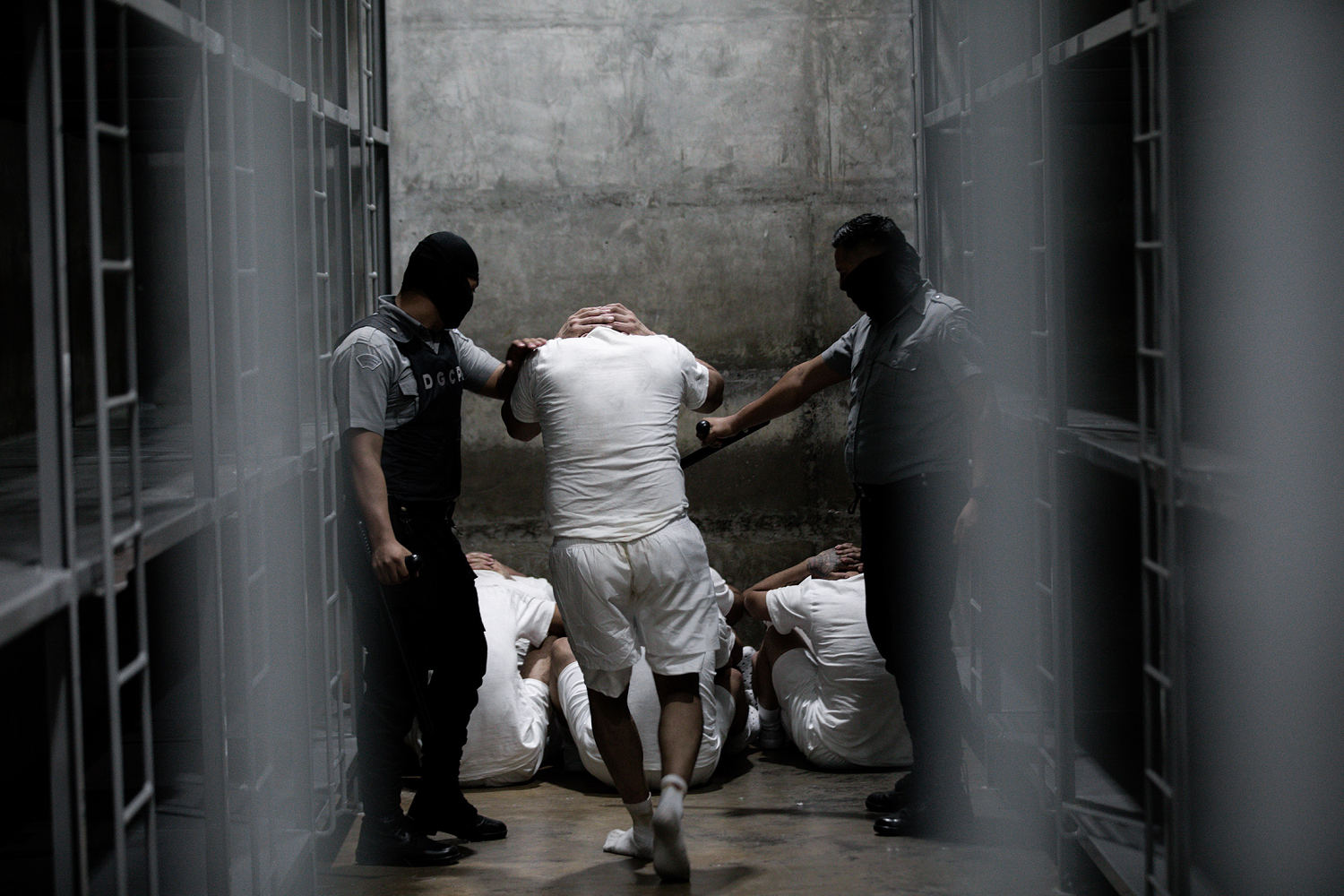



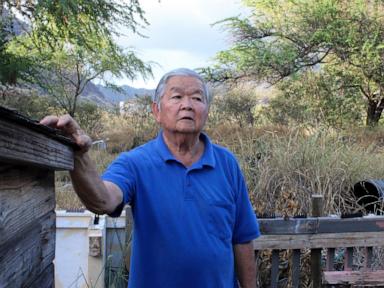

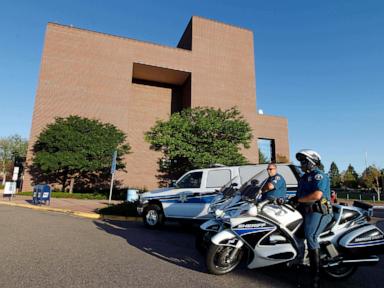




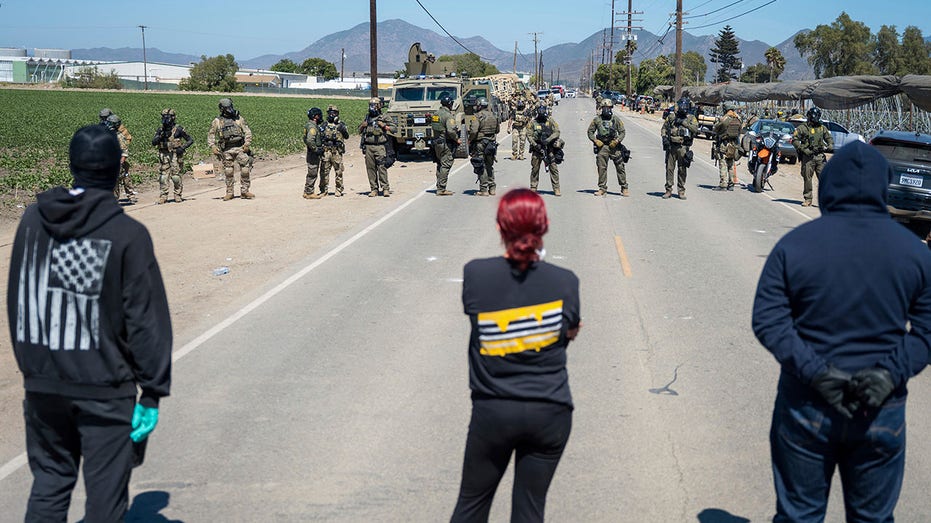
 English (US)
English (US)